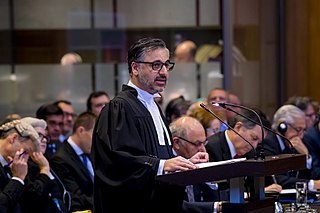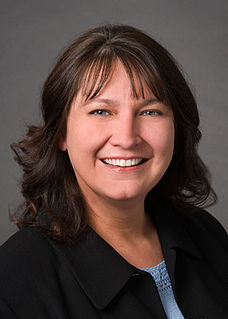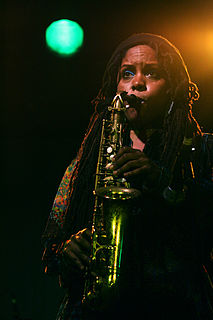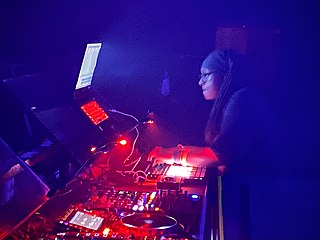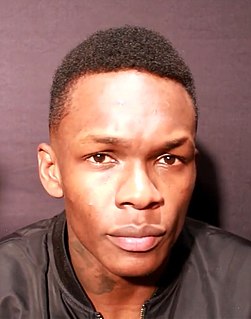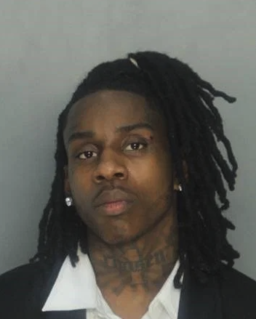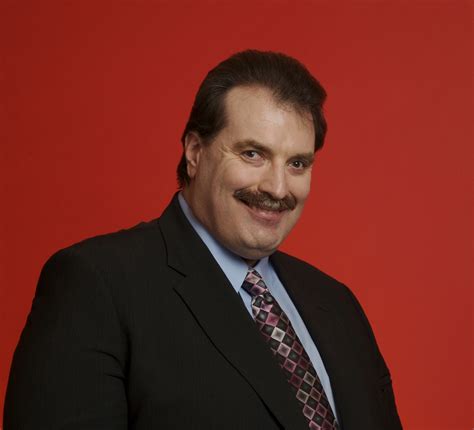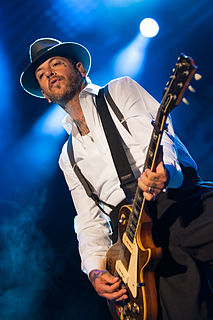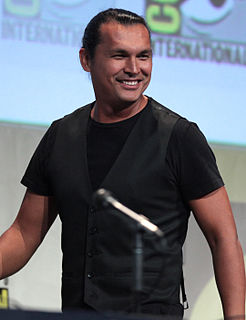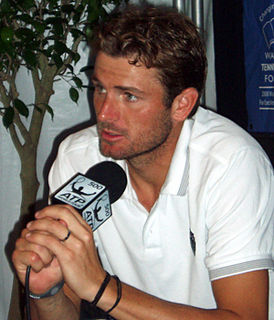Top 472 Trauma Quotes & Sayings
Explore popular Trauma quotes.
Last updated on April 14, 2025.
The thing that always interests me from a storytelling point of view is how that moment of trauma, whatever the trauma is, even divorce, your dog dies, whatever it is, the consequence, in terms of people's emotional lives and the way it resonates behaviorally for a long time, is really the stuff that interests me.
I think trauma gets a reductive treatment. We tend to think only violence or molestation or total abandonment qualify as "childhood trauma," but there are so many ruptures and disturbances in childhood that imprint themselves on us. Attachment begets trauma, in that broader sense, and so if we've ever been dependent on anyone, I think there is an Imago blueprint in us somewhere.
Let's say someone has experienced a violent trauma or betrayal: a child has been raped by a parent or has witnessed the destruction of someone he loves or has been so traumatized by the possibility of beatings and punishments that he's afraid to act. If the trauma is great enough, that person's life may become frozen, emotionally frozen even though he still gets up in the morning, is busy all day, and goes to bed at night. But there's this empty space that begins to fill with rage, rage toward everyone - the perpetrator, the people in the world who haven't suffered, even toward himself. (174)
We're painting the same people all our life - it's just the way we look at them that changes. If you experience trauma, you can speak about it in so many different ways. You can speak about landscape, you can speak about your food; it's always different. Trauma is the beginning of life as an artist.
I have come to the conclusion that human beings are born with an innate capacity to triumph over trauma. I believe not only that trauma is curable, but that the healing process can be a catalyst for profound awakening - a portal opening to emotional and genuine spiritual transformation. I have little doubt that as individuals, families, communities, and even nations, we have the capacity to learn how to heal and prevent much of the damage done by trauma. In so doing, we will significantly increase our ability to achieve both our individual and collective dreams.
Happy is already a state, so if you create something that's happy... OK, wonderful... but when you're in a place of distress or trauma, there are so many more directions that can go in to me. Something that's happy can only truly go in one direction, whereas with something like distress, anger, trauma, there are so many more interesting possibilities that those emotions can create.
Even in New York City, we've seen some major improvements from the way the system was 20 years ago. There's still a lot to do - we know that training workers and parents, reducing caseload size, developing therapeutic foster care, strengthening kinship care, and putting more emphasis into preventive care are all solutions. Unfortunately, if a child is in a situation where removal from the home becomes neccessary, there's already been trauma. Putting a traumatized child into a "system," not a home, with strangers is creating a perfect storm for further trauma.
The thing that always interests me from a storytelling point of view is how that moment of trauma, whatever the trauma is, even divorce, your dog dies, whatever it is, the consequence, in terms of people's emotional lives and the way it resonates behaviorally for a long time is really the stuff that interests me.
Some people's lives seem to flow in a narrative; mine had many stops and starts. That's what trauma does. It interrupts the plot. You can't process it because it doesn't fit with what came before or what comes afterward. A friend of mine, a soldier, put it this way. In most of our lives, most of the time, you have a sense of what is to come. There is a steady narrative, a feeling of "lights, camera, action" when big events are imminent. But trauma isn't like that. It just happens, and then life goes on. No one prepares you for it.
At least I've had to come to that in my life, to realize that this stuff called failure, this stuff, this debris of historical trauma, family trauma, you know, stuff that can kill your spirit, is actually raw material to make things with and to build a bridge. You can use those materials to build a bridge over that which would destroy you.
I've seen people recover physical abilities, yet never get over emotional trauma after a serious accident. I've seen other people overcome the psychological and emotional trauma of a serious illness even though they may never fully regain their physical capabilities. Which is the greater healing? Which is the better recovery? If I had the option of choosing between a mediocre life with eyesight or the life I have today, even though I am blind, I'd stay blind and keep the life I have.
There are those uncomfortable things that've passed that you have to deal with or they define you, like childhood trauma. Like when I'm lost, I just feel like somewhere along the line, if you've gone through any childhood trauma, it makes you lose your essence and it takes a while to get that back. There are certain things about that that push my buttons.
We [Americans] have a historical trauma when it comes to the past relationships when it comes to Native Americans and the history of how America was created. With this film, it's nice to see that the trauma is presented from a white male that was in the Civil War and that trauma affects him in a way that still exists.
The opposite of addiction is human connection. And I think that has massive implications for the war on drugs. The treatment of drug addicts almost everywhere in the world is much closer to Tent City than it is to anything in Portugal. Our laws are built around the belief that drug addicts need to be punished to stop them. But if pain and trauma and isolation cause addiction, then inflicting more pain and trauma and isolation is not going to solve that addiction. It's actually going to deepen it.
I believe that at the beginning of the life of every artist there is some kind of trauma. We have a problem and all of our life we try to speak about this problem. My trauma was historical. When I was three or four, all the friends of my parents were survivors of the Holocaust; they spoke a lot about that. My father was hiding during the war, it was something totally present when I was a boy. It is sure that it has made me.
If we take a hard look at what poverty is, its nature, it's not pretty - it's full of trauma. And we're able to accept trauma with certain groups, like with soldiers, for instance - we understand that they face trauma and that trauma can be connected to things like depression or acts of violence later on in life.



